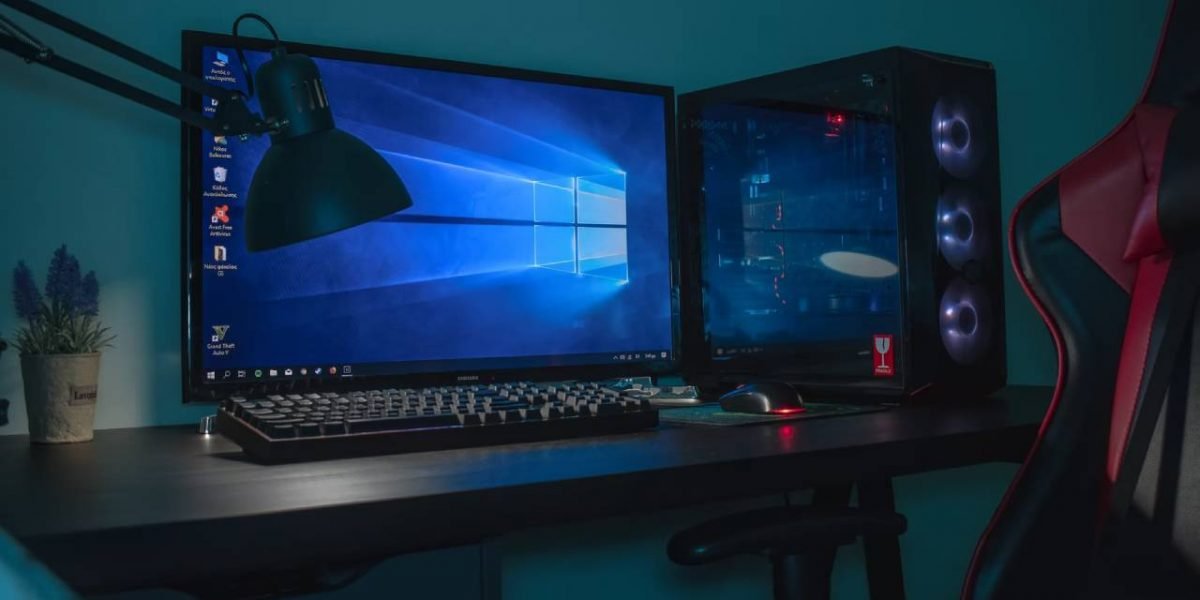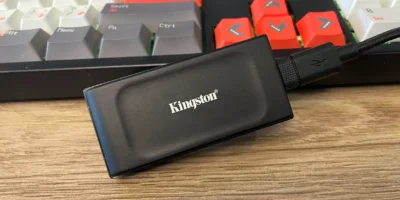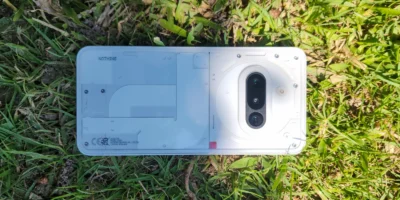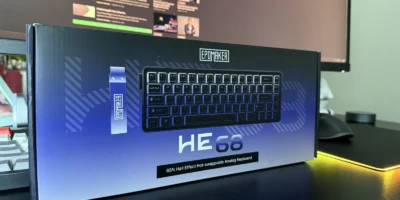This is a guest post by Antoine Harb, Business Development Manager and Team Leader for the Middle East and North Africa at Kingston Technology. He is responsible for Kingston’s channel business in the MENA region.
In the world of PC gaming, deciding whether to build your own gaming rig or buy a prebuilt desktop can be tricky. While many gamers would recommend assembling their gaming PC themselves, others may find that purchasing one is a much more practical choice.
The answer to this question is subject to much debate. Those who built their gaming PC have enjoyed the benefits that come with customization, but some gamers and enthusiasts simply don’t have the time and effort to spare for this undertaking.
Looking at the pros and cons can help you make up your mind. As you go through the process of evaluating their respective advantages and disadvantages, it becomes clearer which of the two options makes more sense to you. Your desired specifications, budget, your knowledge of and experience with hardware components, and time are all going to come into play when making a decision.
Building a gaming PC
This can be a challenging but also a rewarding experience. It helps that this task nowadays has been made easier thanks to the numerous video tutorials, guides and articles that are now accessible online.
You can opt to assemble your own PC, if you love to have the freedom to choose which hardware or parts you would like to go into your desktops. When building your gaming PC, you are empowered to design and fine-tune your device to meet your exact specifications. You are also not limited to the designs and parts that prebuilt PCs provide.
Customizing, thus, gives you better control over various aspects of your desktop, including budget. You can choose reasonably priced but high-quality hardware such as storage, processor, motherboard, and memory, among others, to achieve a top performance level. Installing your PC with high-capacity memory and storage, for instance, results in better and faster performance. In such a case, you may want to splurge on your Dynamic-Random Access Memory (DRAM) and solid-state drive (SSD) to boost your system’s responsiveness and overall speed and guarantee a smooth overall game flow.
Another advantage of building a gaming PC is that you don’t need to rely on manufacturers in case you run into some issues. Because you know your system well, you can troubleshoot it anytime or, if necessary, decide to go for a system upgrade.
However, it is important to note that assembling requires a lot of time and can even be tedious. Researching, scouting and buying the needed parts, putting them together, and fixing issues that may arise during the process entail being patient and allotting more hours for this project. Another issue to consider is the warranty. For assembled PCs, you can take advantage of the separate warranties for your hardware but not on the entire build.
Buying a prebuilt PC
This route is for you if you are unwilling or simply do not have that extra time and patience, or if you don’t have enough knowledge about the needed components and parts to build you own PC successfully. Compared to building your own rig, purchasing a prebuilt system can be pretty expensive but it too, comes with many valuable benefits.
One, as soon as you have bought the best gaming PC for you, you are all set. No need to put in any extra effort or go through any stress before you can start playing. In short, you can save a lot of time by purchasing a system that has already been put together for you.
Next is the warranty. If any issue crops up, you can contact the manufacturer to have it fixed without paying an extra cost. Warranty provides you the peace of mind as well as the assurance that you have easy access to experts if ever your PC conks out on you. This is good news for individuals who are unfamiliar with the basics of a computer system.
However, if you are considering buying a prebuilt system, then be prepared to spend a bigger budget than building your rig. A device gets more expensive with higher and better features. Furthermore, you need to accept that a prebuilt gaming PC will not be able to exactly meet all your specifications. In such a case, you have no control over some components integrated into the system, which may impact your overall gaming experience.
Deciding whether to build or to buy, therefore, depends on the entirety of your situation. Weigh all the pros and cons carefully, and from there make the right decision.











